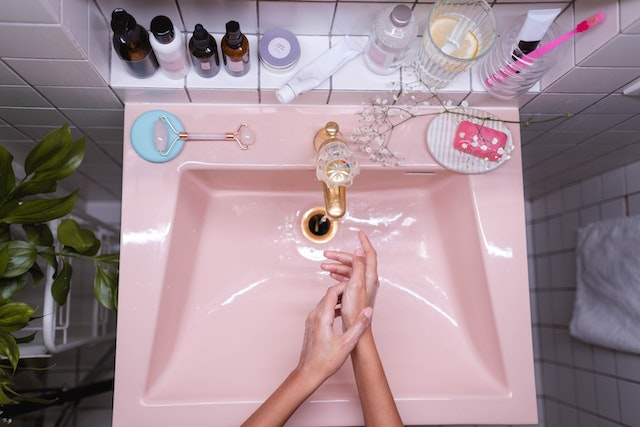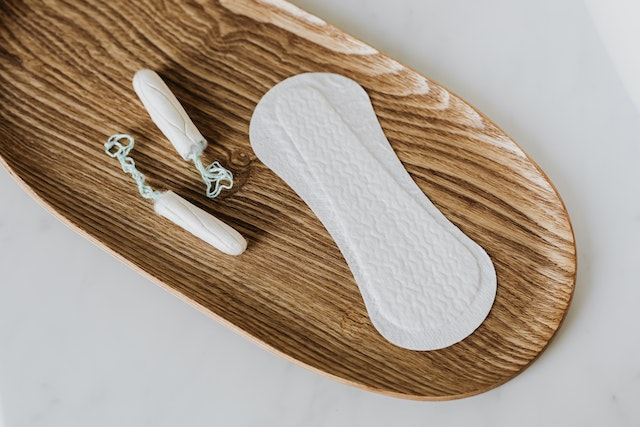
These are the Top 10 Causes of UTI in people
Time to read 3 min
Time to read 3 min
There may be several interconnected reasons behind urinary tract infections UTIs, which is why it is important to target them holistically. You can focus on reducing your risk factor significantly when you ensure that these top 10 causes are controlled for.
You can also prevent the emergence of upper urinary tract infections, digestive and kidney diseases, bladder infections, and bacterial growth, with the right UTI prevention practices. Risk factors can be controlled when you actively focus on strategies that help prevent UTIs.
You can improve your risk of avoiding a UTI when you understand the top 10 causes why people get UTIs. These can help in preventing UTIs from coming up as well as lowering your risk of a UTI when you are already prone to getting them.
Your urinary system requires good bacterial growth in the body, so that it can protect itself from UTI causing bacteria. You can add probiotics and other measures to help boost the gut and urinary bacteria in the body.
If you have a pre-existing condition such as diabetes, it can increase the risk of getting UTIs. You can track your symptoms more closely when you have diabetes, and get the right treatment immediately.
If you are undergoing surgery or are bed-bound, then the use of catheter may be required, which can significantly increase the risk of UTI. You should focus on getting tested if you are experiencing the symptoms.
If you have a blockage, because of kidney stones or enlarged prostate, there may be a risk factor for UTI. You should get a complete UTI test done if you suspect that a blockage may be causing a UTI for you.
You are increasing the risk of E coli bacteria, which is the UTI causing bacteria, forming when you don't wipe and wash correctly. You should also avoid extended periods of poor hygiene practices, which can introduce bacteria.
You need to empty the bladder completely when you are visiting the restroom so that you can prevent the recurrence of UTIs. You can also ensure that you have access to a restroom nearby so that you don't have to hold your pee for a long time.
You may increase the likelihood of getting a UTI when you use public washrooms regularly. You may be increasing the risk of getting a UTI through direct contact with UTI causing bacteria.
If there are certain changes in the hormonal profile, such as during pregnancy or menopause, then there may be a rise in UTI risk. Bacteria may grow in an environment that is changing due to hormonal changes.
You may be increasing the risk of getting a UTI by wearing clothing that is too tight, specifically those that are in the wrong material. These can increase the risk of bacterial development, as well as direct contact with the genital area.
If you leave a tampon or a pad for too long, then there may be a rise in the risk of getting a UTI. You should use and dispose off feminine products in a timely manner so that you can prevent UTIs effectively.
You can follow the strategies below when you suspect that you may have a UTI related problem.
The first step in understanding how to proceed is to map all your symptoms. You can check for whether you have burning sensation when peeing, whether there is pain in the lower abdomen, etc.
You can get home tested for urinary tract infections with ease, which will help you get exact details on the extent of the urinary tract infection.
You can start home remedies for pain relief and symptoms, so that you can limit the spreading of the UTI.
You can reduce the risk of bladder infection or kidney infection by starting medications instantly. Antibiotics can help in the case of a urinary tract infection UTI.
After starting your medication, you can continue to track symptoms to check if they are coming back. This can also help in checking your risk of recurrent UTIs.
You can continue getting tested through urine culture and urinalysis, as well as testing pH levels of the urine sample.
You can prevent urinary tract infections or recurrent urinary tract infections with the right measures. You can adopt the best practices in UTI prevention to help in lowering risk.
No there is no risk factor related to birth control when it comes to getting a UTI.
*Medical Disclaimer - The following information is for educational purposes only. No information provided on this website, including text, graphic, and images, are intended as substitutes for professional medical advice. Please consult with your doctor about specific medical advice pertaining to your condition(s).

